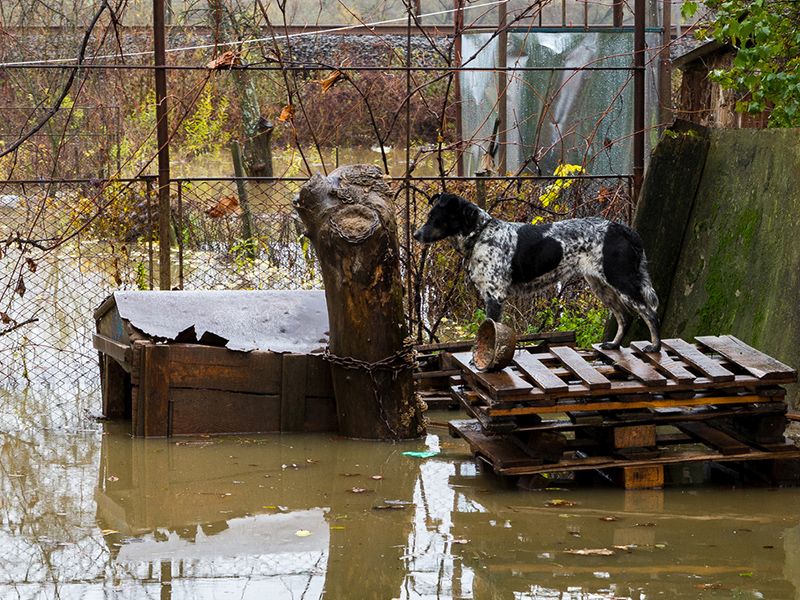SATURDAY, Sept. 23, 2017 (HealthDay News) — News coverage of Hurricanes Irma and Harvey have made one thing abundantly clear: Planning for disasters could save your life.
“The biggest issue that we as first responders run into is that people fail to plan. Then things that could have been simple issues become big problems,” said Scott Buchle, program manager for Penn State Health Life Lion EMS. The emergency service operates throughout south central Pennsylvania.
Countless Americans live in areas prone to blizzards, hurricanes, tornadoes or earthquakes. And don’t discount severe thunderstorms that bring flash floods or ice storms that cause widespread power outages.
People should have enough water, non-perishable food, medication, battery backups and other supplies to get through 48 to 72 hours, Buchle said in a Penn State news release.
When reviewing preparedness lists from state and federal agencies, you need to consider your personal situation and think of how you might handle different disaster scenarios.
For example, understand how your house is built so you can identify the safest areas for various types of disasters, said Russell Knapp, supervisor of fire safety for the Penn State Health Medical Center campus.
“You also need to know who your emergency contacts are and the numbers,” he said.
Families should make a plan for how they would communicate in an emergency, where they would reunite should they get separated, and pinpoint local fire stations or municipal buildings that might have generators for electricity, Knapp advised.
It’s also important to keep a current list of medications you take, the dosage, and how often you take each one, in case you have to seek safety in a shelter.
“You can give that [information] to people who can help you get the medicine you need,” Buchle said.
People who use home medical equipment that requires electricity should consider what they would do if the power is out for several days. If you require medications that must be refrigerated, keep a cooler and ice packs on hand in case of power outages, these experts suggested.
Think about your pets, too. Keep an adequate supply of pet food on hand and extra kitty litter.
More information
The U.S. Department of Homeland Security has more on disaster preparedness.
Copyright © 2026 HealthDay. All rights reserved.

